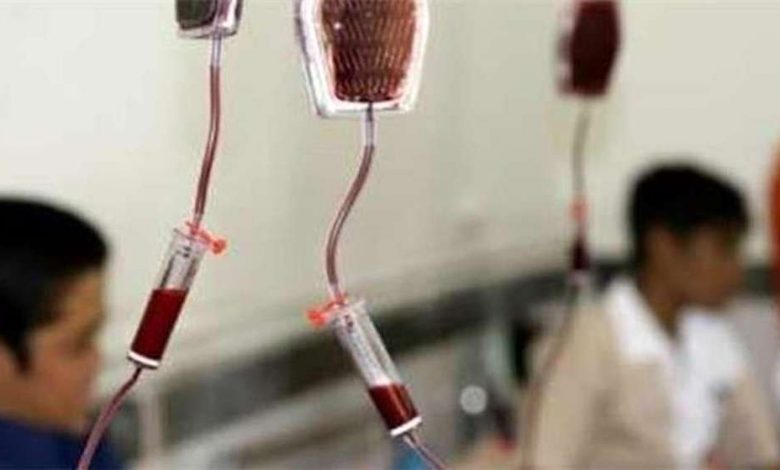‘Crimes against humanity’: Iran says Western sanctions killing vulnerable patients

Iran’s top human rights official has blasted the countries that have imposed illegal sanctions on the nation, calling for them to held to account for committing “crimes against humanity.”
Kazem Gharibabadi, secretary of Iran’s High Council for Human Rights, made the remarks on Monday at Tehran’s Allameh Tabataba’i University, where a moot court was held simulating proceedings against the enforcers of unilateral bans and those who comply with them.
“Sanctions constitute crimes against humanity because they violate the right to development, prosperity, education, housing, etc.,” he said.
“Those imposing extensive sanctions on Iran are committing crimes against humanity and should be held accountable for it,” he added.
Gharibabadi said, despite the country’s capabilities in the field of medicine, Iran has witnessed deadly consequences for vulnerable groups of patients due to inhumane sanctions.
He in particular pointed to the case of patients with rare diseases such as epidermolysis bullosa (EB) or butterfly patients.
He also said that unilateral coercive measures are considered weapons of war due to their extensive impacts on target nations.
“Sanctions are more destructive than conventional warfare and affect the entire population of the target country,” he argued.
The Iranian rights official further said that the US exerts pressure on various countries in order to bring them into the cycle of secondary sanctions against Iran.
The so-called smart sanctions, which allegedly apply to specific individuals or entities, are just a slogan as they do not exempt food and medicines, he emphasized.
Among those speaking at Monday’s session was Alena Douhan, the UN special rapporteur on the negative impact of unilateral coercive measures on human rights.
She delivered a speech at the moot court via videoconference.
The UN rights expert visited Iran on May 7-18, 2022 and published a report afterwards.




